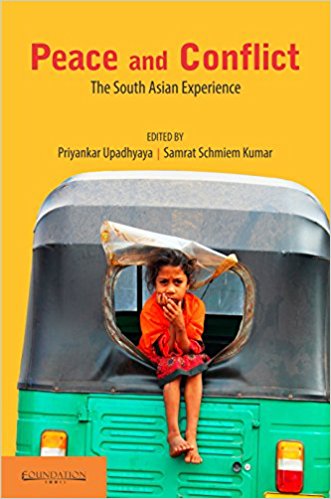
Peace and Conflict Studies as a discipline itself becomes significant today. We live in a world where conflicts are changing and increasing. There is no World War going on, but there are wars all the same. Peace and Conflict Studies, is important, as a discipline due to its very belief in peace, in its hope for peace and its attempt to create it.
Studying this discipline in South Asia not only adds to its content but more importantly, it gives the discipline context. South Asia remains an area that has long lasting conflicts both internally and externally. It is also an area that has third world countries that are struggling with issues like poverty, health and education. When these issues of sustenance become combined with ongoing conflicts that might also have been caused due to them, peace and conflict studies becomes and expanded version of itself. The discipline now aims not only at resolving the conflict but also attempting a long lasting peace in the area with the needs of the people fulfilled.
To understand these subtleties, South Asia might just be the perfect place. The varieties of conflicts that are present in the area showcase the workings of conflicts in real lives. One also gets to experience the issues from close with interactions with the South Asian students and the residents of India. It is also the case in South Asia that often the conflict in one country connects deeply to communities in another country like the Indian Tamils sympathizing with the Sri Lankan Tamils. This shows the sense of shared history that the area has and also that problems cannot be compartmentalized into borders. Conflicts run deeper than geography and reach the very lifestyles of people. It is important that the process of peace acknowledges this. Understanding South Asian conflicts in a class with Europeans helped me in thinking about the various processes of peace and how they can become a part of our daily lives. The complex conflicts in South Asia also become great examples for seeing why the discipline is more important today than it ever was.

